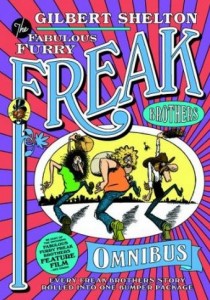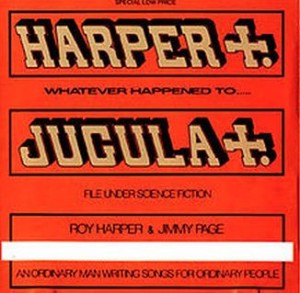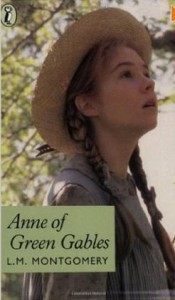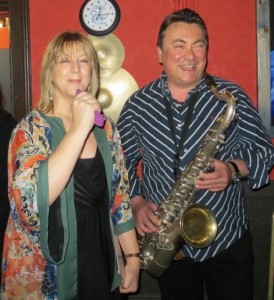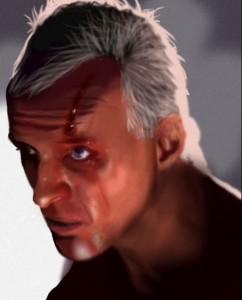“The characters just had a life of their own. They wrote the book, not me. I don’t know where they came from. I had one idea in my head for where the story was going, but they changed it. It’s as if – as if they were somehow speaking through me.”
Ever read this? I have. It’s rubbish.
Statutory plug for Not Your Heart Away
When I was writing Not Your Heart Away I wanted to make sure the three main female characters, above everything else, were not just believable but equally importantly, different from each other. It’s one of the hallmarks of rubbish fiction that however many people appear in the book they have just two voices, one male and the other female. Often that means those two say pretty much the same things too, except one of them twists her ankle when she’s being chased by a lion and has to be rescued. Hey, this is MY story, ok? Write your own if you don’t like mine.
I was paid an odd compliment yesterday: ‘If I didn’t know you I’d have said whoever wrote it was gay, because he knows what women think.’ Odd in two ways, I thought. First a sad comment on my fellow Suffolk metrosexuals, or as this is a predominantly rural area maybe retrosexuals would be more appropriate. Maybe that’s what she meant.
Secondly though, I can’t remember ever writing a single word about what any other character except the narrator ever thought about anything. It’s a first-person narrator story – Ben can’t think about anything anyone else thinks because he has to be told it or see it. Aside from the format of the form, he’s supposed to be 18 or 19. Of course he can’t think what anyone else thinks. Especially girls. He can barely articulate what he thinks himself, for heaven’s sake. But flattering anyway. And almost as odd as the person who told me she admired the book as a treatise about the way women face choices in their lives and reach crossroads that decide who they are going to be. Er yeah, that’s what I hoped it would be. Allow me to pour you some wine?
But rubbish as the idea that the characters had to tell their own story is (ok, let’s see them do it. Come on. I’m waiting), I know what the idea means, that they decide what’s going to happen. Except they don’t. It’s the way they speak.
The Uses of English
Somebody wrote that an Englishman and by extension woman, only has to open his mouth to make another Englishman despise him. I think despising is too strong a word for it and quite un-English in itself. Making another Englishman say ‘really?’ is quite damning enough. Even better these days, you can get them to repeat their nonsense on Twitter if you put your mind to it, so everyone can see. Only one of the characters in NYHA speaks with anything much approaching an actual accent, although another one is afraid they might do. Mostly they speak like totally normal young people, not very rich, not very poor. Where words are used as weapons in the book it’s mostly as a defensive mechanism rather than an indicator, conscious or otherwise, of social class.
But they all had to have individual voices. That’s where ‘they took it over’ comes from. Whatever the story, in a dialogue-lead novel where the things that are said are much more indicative than the things that are done, there being very few helicopter gunship shoot-outs in the book now, it has to be the words that matter. The phrasing. And once you’ve got a character’s phrasing in your head that’s the only way they can speak. That’s what leads the story down a track you maybe hadn’t thought of. A character can’t say something except in their own voice and unless you want to go down the Raymond Chandler route you just have to trot after them and nudge them round to where you wanted them to be, but not so hard you make them speak like someone else.
What ‘they took over and their words just flowed out of me’ means is simple: it took me three days to get that character back to where I’d planned they were going to be, because I couldn’t be arsed to rip-up what I’d done and start again. And they were speaking in character and real life isn’t linear very often. Not as often as we’d all like to pretend, anyway.
Raymond Chandler had the advantage of writing about violent murderous drunks, after all. Whenever he got stuck down a dead-end in the text he just had someone kick the door open, holding a gun. Maybe I should try that, next time.

